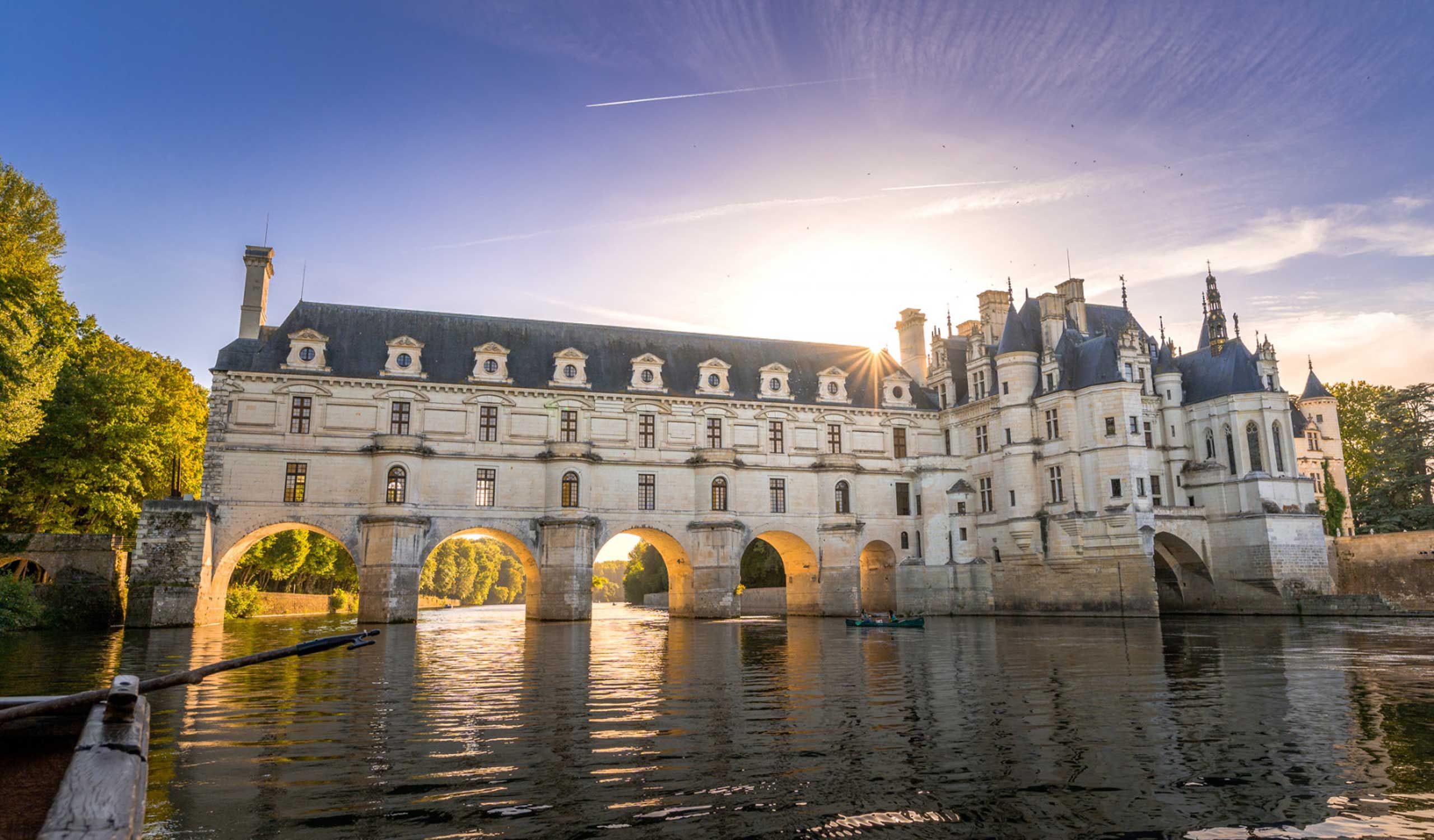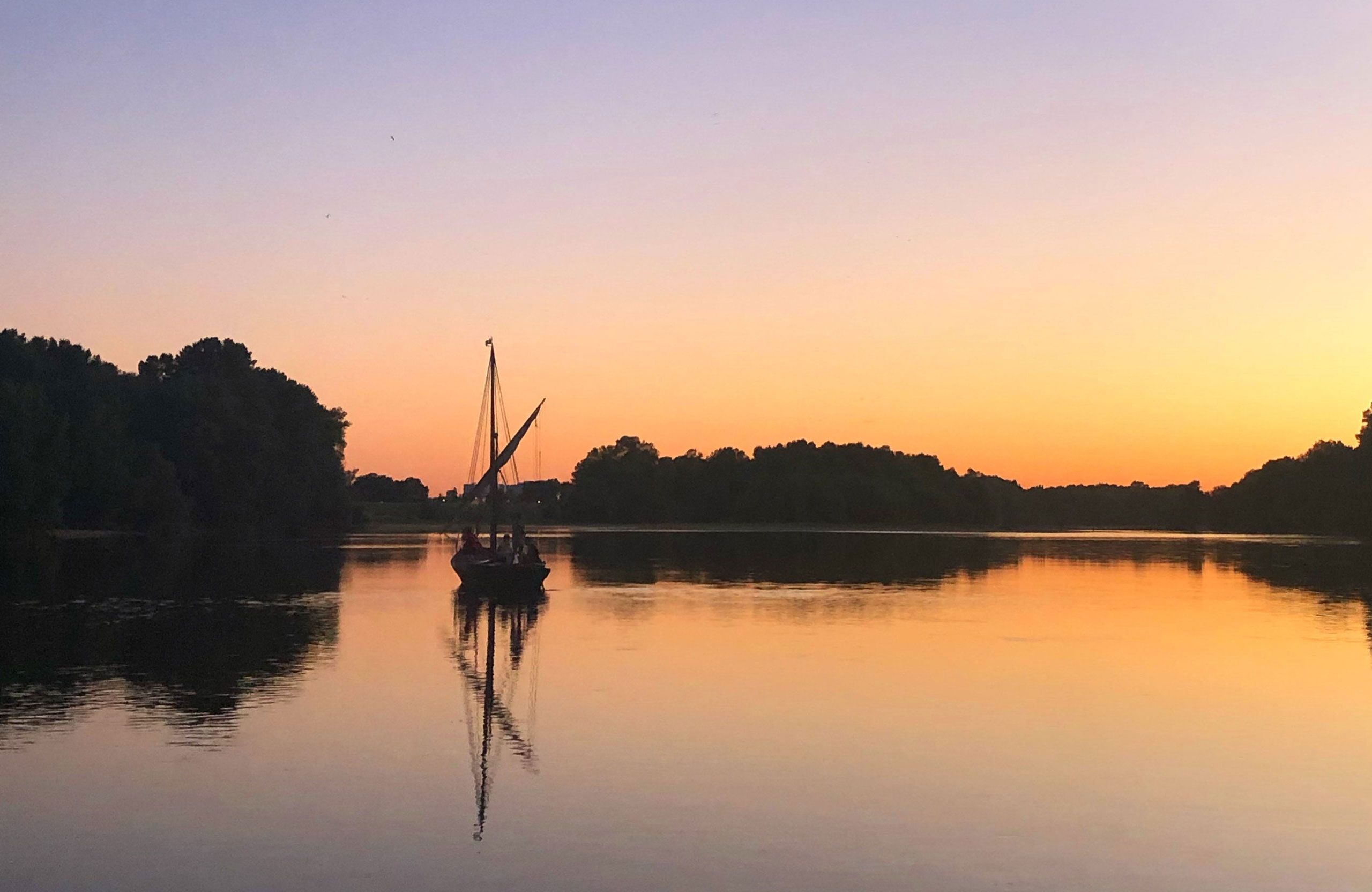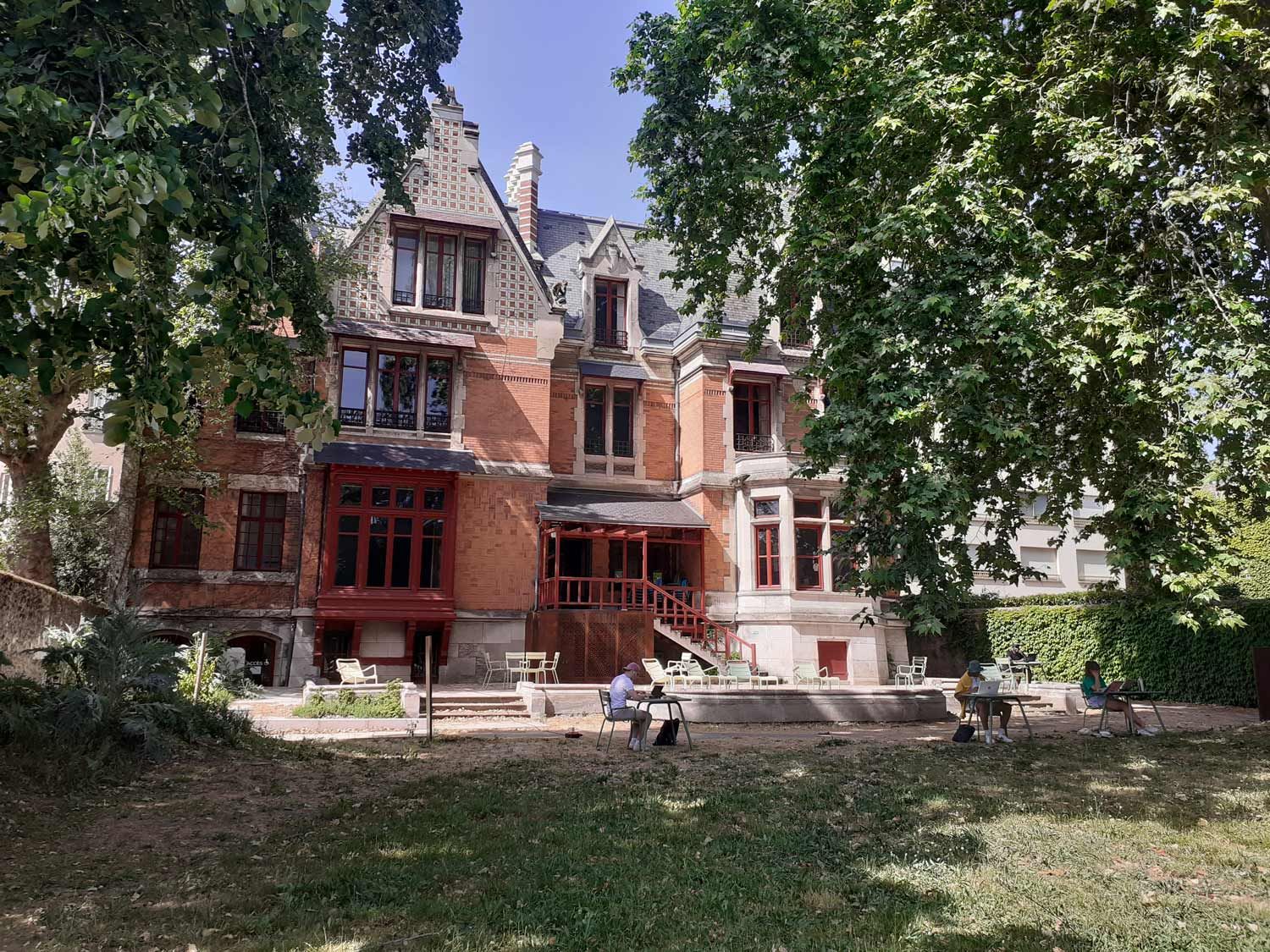Art Deco stroll
Between the wars, the city was booming and buildings were springing up to accommodate the growing workforce. At that time, architects chose to break away from traditional aesthetic codes and turn to a more modern style, in keeping with the materials used. This is how Art Deco was born. Set off on an original stroll to discover this timeless style thanks to our selection of iconic locations in the city centre!
![Le Grand Hôtel]()
Le Grand Hôtel
![Façade de la Maison Beauchesne]()
Front of Maison Beauchesne
Front of Maison Beauchesne
This facade, studded with brightly colored mosaics, was designed by Italian artist Sante Vallar around 1930. The shop now houses the plant creations of florist Maison Beauchesne.
Location: 8 rue Georges Courteline
![L'immeuble Duthoo]()
Duthoo building
The Duthoo building
Built in the early 20th century by Jean-Frédéric Wielhorski, this "precursor" building is a real eye-catcher. Its distinctive feature is that it bridges the gap between Art Nouveau, with its mosaic-like plant compositions, and Art Deco, with its more abstract, streamlined forms.
Location: 42-50bis rue Jules Charpentier
![La Poste Centrale]()
Central Post
Central Post
This imposing building stands on the site of Tours' former prison. Its imposing façade, over 77 metres long, follows in the footsteps of the adjoining administrative buildings: the Hôtel de Ville and the Palais de Justice. Today, it is still home to La Poste. Now you'll have no excuse not to send your postcards!
Location: 1 boulevard Béranger
![Soleil en mosaïque de la Maison du Petit-Soleil]()
Soleil in mosaic at the Maison du Petit-Soleil
Mosaic sun from the Maison du Petit-Soleil
Created by artist Sante Vallar, this mosaic sun once decorated the floor of the rotunda of the former Petit-Soleil brothel. It was removed when the building was demolished and now adorns the floor of Place de la Monnaie.
Location: Place de la Monnaie
![L’ancienne maison close L’Étoile Bleue]()
Facade of the former L'étoile bleue brothel
The former L'Étoile Bleue brothel
This 15th-century house was modified between the wars to become the Étoile Bleue brothel. Since 1981, it has housed the headquarters of the Jeune Chambre Économique, but the décor has been preserved. It features mosaics designed by Sante Vallard and erotic representations painted by Jacquemin.
Location: 15 rue du Champs-de-Mars
![Monument mémorial américain]()
American Memorial Monument
American Memorial Monument
Monument Inaugurated on August 5, 1937, this fountain was erected by the United States to highlight its role in resolving the First World War. On the central pillar, the sculptures of the four women represent the main divisions of Support Services: purchasing, administration, distribution and construction. At this point, below, you can also reach the guinguettes on the banks of the Loire.
Location : Avenue André Malraux
![Immeuble de rapport]()
Investment property
Investment property
The 1930s saw a massive rural exodus and a call for workers. Against this backdrop, property developers sought to differentiate their homes by offering every modern comfort. The city of Tours is home to many investment properties. On rue du Rempart, for example, you'll find a gabled facade topped by a cornice decorated with floral motifs, typical of Art Deco architecture.
Location: 21, rue du Rempart
![Maison Lefroid (actuel magasin Printemps)]()
Maison Lefroid (current Printemps store)
Maison Lefroid (current Printemps store)
This is one of our most emblematic buildings. It has been awarded the "architecture contemporaine remarquable" label. Formerly home to the Lefroid furniture store, and now the Printemps store, this building is an illustration of the commercial architecture of the 1920s.
Behind its facade, adorned with a central glass roof, you can stroll through its 6,000m² and find all the latest trends.
Location: 24 rue de Bordeaux
![Le Grand Hôtel]()
The Grand Hotel
Le Grand Hôtel
Facing the Gare de Tours train station, the Grand Hôtel features traditional Posthaussmanian architecture. Typical Art Deco elements have been added, such as stylized flower motifs, wrought ironwork and cut-outs.
At the foot of this complex, stop off at the briocherie Lelong, a century-old institution whose brioches are famous as far away as New York.
Location: 9, place du Général Leclerc
Art Deco guided tour
Accompanied by a tour guide, come to the heart of Tours for a themed tour. The guide will give you the keys you need to spot the Art Deco features of the city.




















